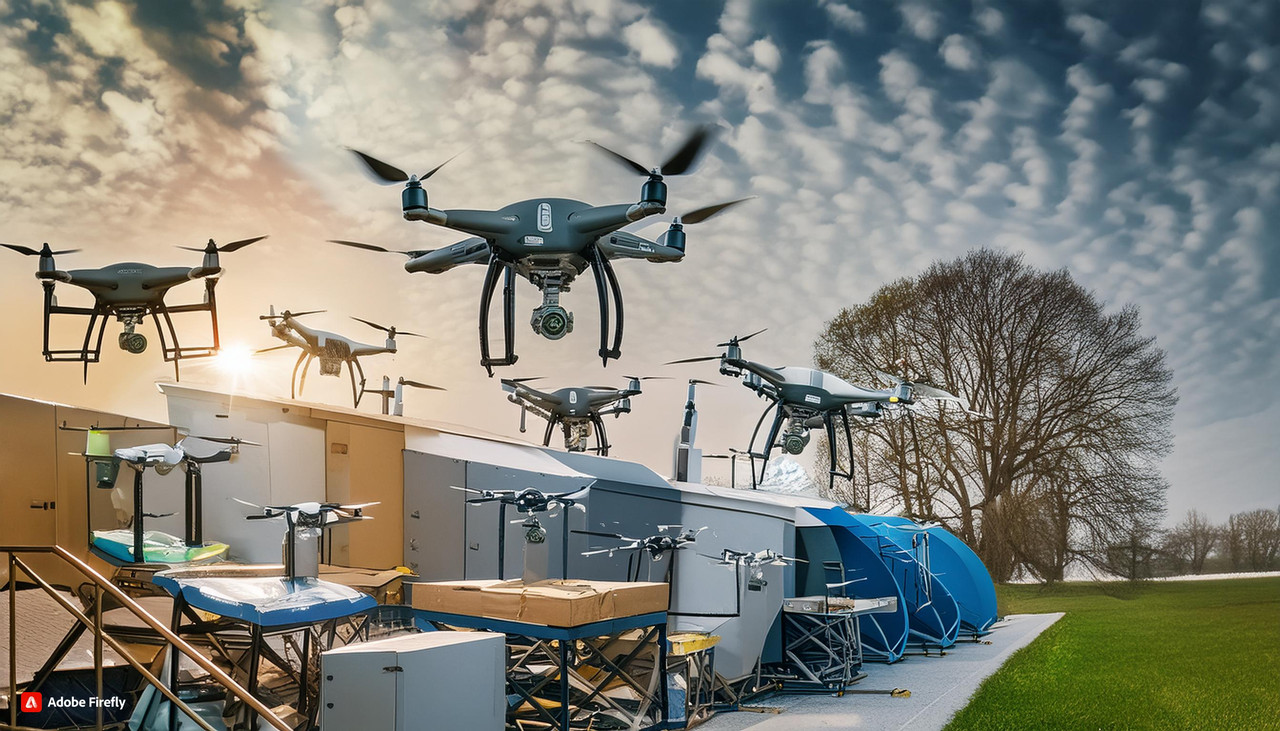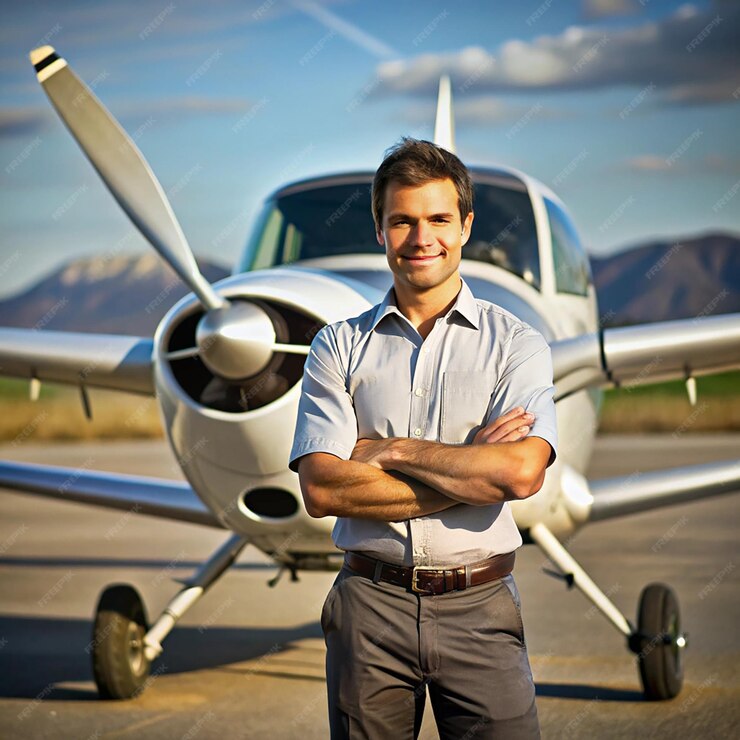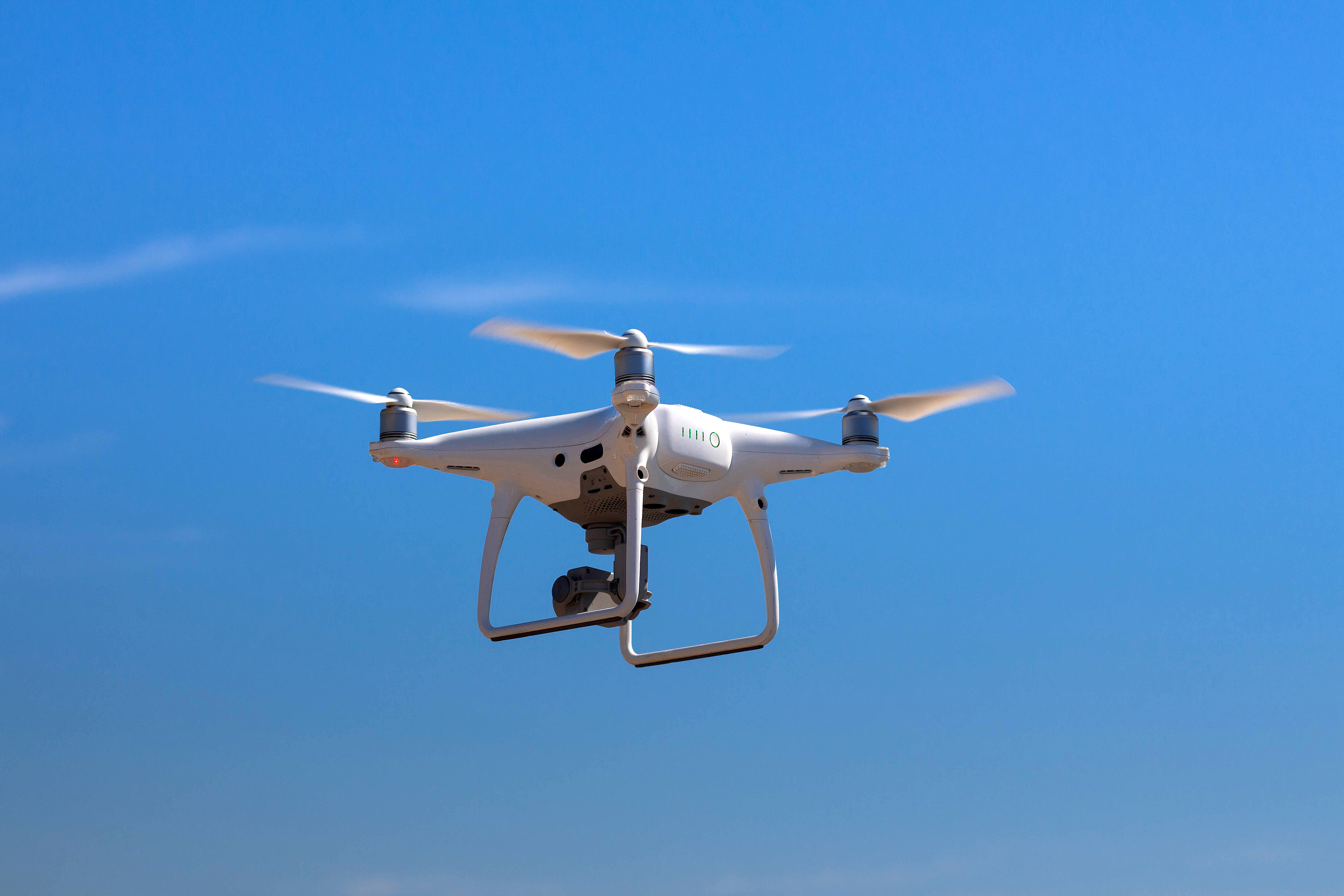
How Safe Are Drone Taxis? A Look at Technology, Regulations, and Challenges

India is stepping towards air taxis. Indian companies are also optimistic about this. At IIT Madras, a startup called ePlane plans to deploy air taxis by 2025. This 2-seater e-plane will ferry passengers within city limits, at somewhat higher cost than regular taxis.

What Technology Will Power Air Taxis?
Air mobility has undergone rapid evolution, with manufacturers and investors increasingly demonstrating a growing interest in advancing the field. While the system will depend on conventional fixed-wing aircraft and helicopters, manufacturers are also investing in eVTOLs. Jet engines will be swapped with electric motors, and rotating wings and propellers will allow eVTOLs to manage their vertical takeoffs and landings. Manufacturers such as Uber, Joby, Hyundai, and Boeing are investing in eVTOLs, indicating that the industry is shifting towards electric air travel.
eVTOLs offer lower costs, reduced noise, and a lower carbon footprint. The range of these vehicles is 150-250 kilometres, and they can reach up to 300 kilometres per hour. The new aircraft and systems in this field are more efficient and sustainable, as they have electric charging stations and can be operated autonomously or remotely.

The Launch of Air Taxis Projects Worldwide
China has officially approved the nation’s first autonomous drone taxi for commercial use, marking an important step in advancing its low-altitude economy. The Civil Aviation Administration of China granted air operator certificates to EHang Holdings and Hefei Hey Airlines, allowing them to operate drone taxis for urban sightseeing tours. Beijing is endorsing progressions in the low-altitude economy, including innovations for instance blimps, delivery drones and flying cars. The government of China views this sector as a main economic growth driver, along with quantum computing, AI, biomanufacturing and 6G networks.
Israel recognized a government-led pilot project in 2019, recognized as the Israel Drone Initiative, to transport passengers and cargo, thus easing traffic congestion. The project began conducting tests of autonomous drones which can ferry cargo and also people in 2023. Eleven delivery and drone operating companies participated in these test flights, which involved Electric Vertical Takeoff and Landing in a managed urban airspace. The US, China, and the UAE are all making their presence felt in this evolving market.
Challenges That Lie Ahead

Infrastructural Problems
Nations like India need to establish an electrical grid and a comprehensive network of charging stations to support the operation of air taxis. Additionally, the launch pads, known as vertiports, for these eVTOL taxis will be built on top of high-rise buildings. Constructing stations across busy cities will need a vast amount of time, energy, and money.

Airspace Regulations
Most nations are putting together regulations to govern air taxis. However, there is no consensus internationally. Regulators will need a new framework and new systems of air traffic control to accomplish the movement of several air taxis out of vertiports and other terminals.
Also, the aviation industry will be required to establish rigorous safety standards, both in the air and on the ground. Flight protocols must be followed to prevent aircraft from hovering too close to each other. Eventually, regulations must be implemented to protect passenger privacy.

Cost
The superior materials required to build these vehicles will be expensive to produce, which will significantly slow down the sector. Also, production is only one factor in determining the cost of these projects. Infrastructure, operational costs, and flight service costs will certainly add to this challenge.

Legal Issues
Several legal issues have cast a shadow over the air mobility industry. High on this list are the obligations related to damage caused by accidents, contracts with end-users, insurance for public protection, cyber threats and susceptibilities that malicious actors may exploit, environmental laws regarding noise and land use and other relevant considerations.

Environmental Impact
There are concerns about the noise of automobiles. The sound produced by drone taxis could increase noise pollution, potentially impacting both people and wildlife. Furthermore, although the emissions from e-vehicles may be cleaner than those from traditional automobiles, the overall impact of these emissions should still be evaluated.

Safety
New technologies should be thoroughly tested to guarantee smooth operation and minimize accident risks. Air taxis should be protected from cyber-attacks that target flight control systems. Failure to do so could bring about accidents.
Air taxis fly at low altitudes and travel at low speeds, making them susceptible to wind and turbulence. Precise and real-time info should be provided so that pilots and flight operators can make informed decisions when flying an air taxi.

Regulations – The Drone Rules, 2021
With air taxi initiatives being launched worldwide, nations are implementing regulations to support this new mode of transportation. India will need to accelerate its efforts in the same direction. One positive step is the drone act in India. The Drone Rules, 2021, provide both the physical and digital infrastructure to support the safe use of drones in India.
Since drones typically fly at lower altitudes, this regulation could be beneficial as the country moves toward establishing air taxis. The act divides the airspace into three zones: Green, Yellow, and Red. Each has different regulations related to the risk associated with flying in that area.
India must also consider regulations surrounding airborne navigation safety, including landing and takeoff patterns, as well as proximity to infrastructure. The Drone Amendment Rules, 2023, outline provisions with regard to the eligibility of drone pilots and the procedures for obtaining RPCs. However, these rules will need to be altered to accommodate e-air taxis.

Where Does India Stand?
India might see its first air taxi in 2026. The upcoming all-electric air taxi service will offer competitive prices compared to on-road taxi services. Plans are in place to use this service for medical emergencies, cargo, logistics, and charter services.
As stated by Civil Aviation Secretary Rajiv Bhansal, the Ministry of Civil Aviation will develop a policy framework for air taxis. He added that the ministry regards eVTOLs as the next big thing to be examined, as they can be used in both densely populated cities and rural areas. The Ministry will also inspect global standards regarding eVTOLs to understand the responsibilities of regulatory bodies concerning air taxis.

Autonomous / Remote Air Taxis
While some companies are building aircraft that humans pilot, others are designing eVTOLs that are either autonomous or remotely operated. These choices have both benefits and risks.
Autonomous air taxis would bring competence and scalability to the industry. They would restructure operations, manage urban traffic flows, reduce operational costs, and, with robust safety protocols, theoretically minimize human error and improve overall safety.
Coming to a Close
It is not hard to say that there are mixed opinions about the safety of drone taxis. Some people believe they are safe or will be safe, whereas others hold a different opinion. Nonetheless, there is no doubt that drone taxis are the future of travel. As drone taxis enter the mainstream, it is expected to result in increased demand for drone pilots. Whether you are a male or a female, if you want to learn drone piloting and make a career out of that, you can come to us at Flapone Aviation to turn your dreams into reality.
Related Blog
Latest updates and insights from Flapone Aviation.

What Types of Drones Are Present in the Market?
October 8, 2024

How to Become a Pilot After 12th in India?
February 7, 2025

What are the Basics of Drone Piloting?
February 7, 2025




Author Bio
A dynamic and seasoned content writer with 6 years of experience curating content for different platforms. With the knowledge of all the cogs of content writing and SEO, he has served in various industries. He believes that content is the kingpin, and if penned well, it has a lasting impact on the minds of the readers. Apart from content creation, he is also an ardent poetry lover and performer. He has two publications of his poetry collection, namely Alfaaz and Chestha